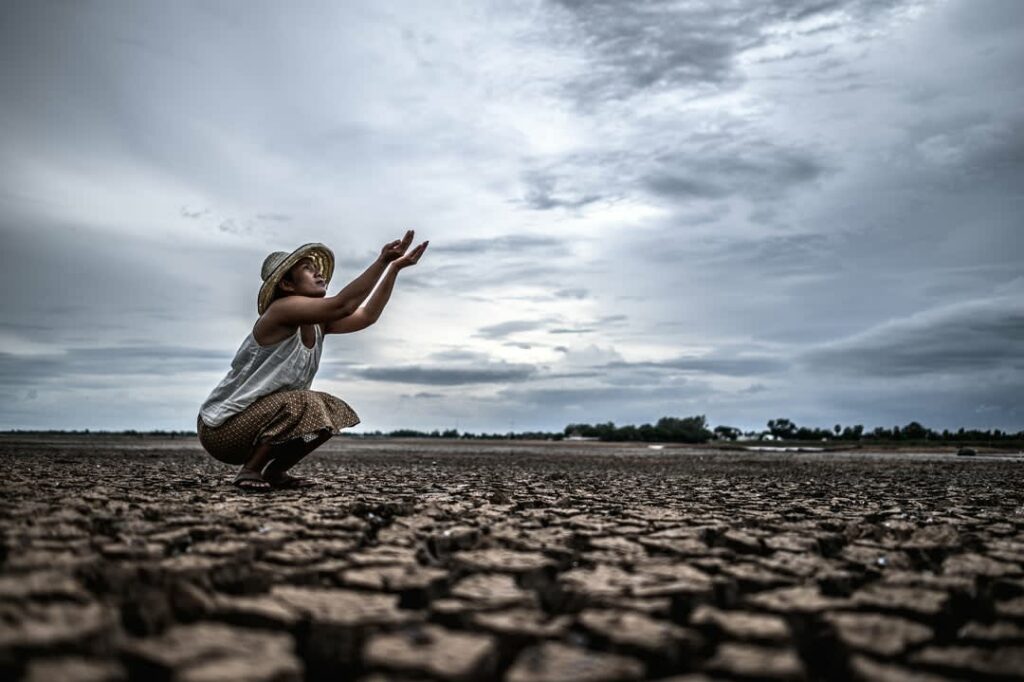Children in Africa are among the most at risk from climate change impacts but are being woefully deprived of the financing necessary to help them adapt, survive and respond to the crisis, the UN Children’s Fund (UNICEF) said in a new report on Friday.
Read More: The Resilient Heart of Africa’s Tech Ecosystem Amidst Military Coups
It was released as leaders prepare to meet for the African Climate Summit, taking place next week in Nairobi, Kenya. Children in 48 out of 49 African countries assessed were found to be at high or extremely high risk of the impacts of climate change, based on their exposure and vulnerability to cyclones, heatwaves and other climate and environmental shocks, and access to essential services.
Those living in the Central African Republic, Chad, Nigeria, Guinea, Somalia and Guinea-Bissau are most at risk.
Step up funding
Despite this, the report found only 2.4 per cent of global climate funding targets children, with an average value of just $71 million per year.
“It is clear that the youngest members of African society are bearing the brunt of the harsh effects of climate change,” said Lieke van de Wiel, UNICEF Deputy Director for the Eastern and Southern Africa region.
“We need to see a stronger focusing of funding towards this group, so they are equipped to face a lifetime of climate-induced disruptions.”
Read More: Key Factors Driving Digital Economy Growth in Africa
Challenges and solutions
Children are more vulnerable than adults to the effects of climate change, UNICEF explained.
They are physically less able to withstand and survive hazards such as floods, droughts, storms and heatwaves and are physiologically more vulnerable to toxic substances such as lead and other forms of pollution.
Furthermore, challenges in ensuring access to quality services in areas such as health and nutrition; water, sanitation and hygiene (WASH), and education, heighten their vulnerability.
At the same time, children and young people are instrumental to long-term change and sustainability, the report said, so they must be part of climate solutions, including policy and financing.
African Climate Summit
At the African Climate Summit, taking place from 4 to 6 September, leaders from across the continent will highlight the need to push for increased investment in climate action.
Top UN officials including Secretary-General António Guterres and the UNEP Executive Director, Inger Andersen, will attend alongside over 20 Heads of State and Government and other world leaders, who are expected.
It is taking place during Africa Climate Week, an annual event that brings together representatives from governments, businesses, international organizations and civil society.
Read More: The Visionary Architects of Africa’s Tech Ecosystems
Last year, more than 7.5 million internal disaster displacements were registered on the continent. IOM cited a 2021 report which warned that without efficient and sustained climate action, up to 105 million people in Africa could become internal migrants by the end of this year.

